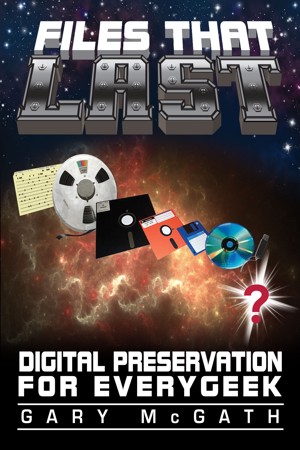Writers in every country can run into governmental censorship. The USA is among the freest, but there are some areas where businesses can get into legal trouble for publishing truthful statements that aren’t state secrets. The FDA is one of the biggest censors of truthful speech. With certain products, it isn’t enough for the manufacturer’s statements about them to be true. They have to be approved. More precisely, making certain truthful statements about smokeless cigarettes, which contain no tobacco, miraculously turns them into “modified risk tobacco products” which are subject to tobacco regulations.
 I can say what I want about e-cigarettes on this blog, since I don’t produce or sell them and I’m not getting paid by anyone who does. But if a business that sold them asked me to write something for them, I’d have to be careful. I might not be able to say that they don’t contain tobacco, even though they don’t. I couldn’t point out that they’re far less dangerous than real cigarettes.
I can say what I want about e-cigarettes on this blog, since I don’t produce or sell them and I’m not getting paid by anyone who does. But if a business that sold them asked me to write something for them, I’d have to be careful. I might not be able to say that they don’t contain tobacco, even though they don’t. I couldn’t point out that they’re far less dangerous than real cigarettes.
Legal writer Jonathan Adler, in the Washington Post, writes about the prohibition: “FDA regulation of e-cigarettes is not only bad for public health but also is likely unconstitutional. Insofar as the federal Tobacco Act, and the FDA’s implementing regulation, prohibit product makers and sellers from making factually true statements about their products, they likely violate the First Amendment.”
Nonetheless, A lawsuit against the FDA lost and, as far as I can tell, ran out of appeals. The ruling is long, and I can’t figure out from it how it justifies the speech prohibition. It seems to just take it for granted. The part of the ruling which claims to show that products with no tobacco are “tobacco products” is preposterous hand-waving, so I shouldn’t expect much sense from anything in the ruling.
Concerns for writers
It’s very unlikely the FDA would go after me personally for anything I wrote for a customer. (But don’t take anything here as legal advice.) The issue is that to write something which the customer could safely publish, I’d have to be careful to state only government-approved facts. Companies sometimes run articles past their legal departments to minimize the chance of regulatory trouble. This could result in nitpicking rewrites or even rejection of a perfectly good article. If you get into this situation, understand that the customers are just protecting themselves.
The tobacco industry loves it when e-cigarette makers can’t tell people all about their products. So do the nannies who think people should be prohibited from taking any risk, even if it’s a smaller risk than they’re currently taking. Tacit alliances like this happen more often in the crony system than you might think.
You have to be aware of the potential for trouble when you write on those topics. You can’t be a legal expert on what statements are allowed or not, but you can be aware that your work could face delays and rewrites.
Thanks to Tom Schwing for the forum post which called my attention to this issue.


 It would be hard to believe all the outrages described in Overcharged if public information and personal experience didn’t back them up so much. We all know that medical costs are skyrocketing. This book goes into many of the details and provides a comprehensive explanation.
It would be hard to believe all the outrages described in Overcharged if public information and personal experience didn’t back them up so much. We all know that medical costs are skyrocketing. This book goes into many of the details and provides a comprehensive explanation. I can say what I want about e-cigarettes on this blog, since I don’t produce or sell them and I’m not getting paid by anyone who does. But if a business that sold them asked me to write something for them, I’d have to be careful. I might not be able to say that they don’t contain tobacco, even though they don’t. I couldn’t point out that they’re far less dangerous than real cigarettes.
I can say what I want about e-cigarettes on this blog, since I don’t produce or sell them and I’m not getting paid by anyone who does. But if a business that sold them asked me to write something for them, I’d have to be careful. I might not be able to say that they don’t contain tobacco, even though they don’t. I couldn’t point out that they’re far less dangerous than real cigarettes.